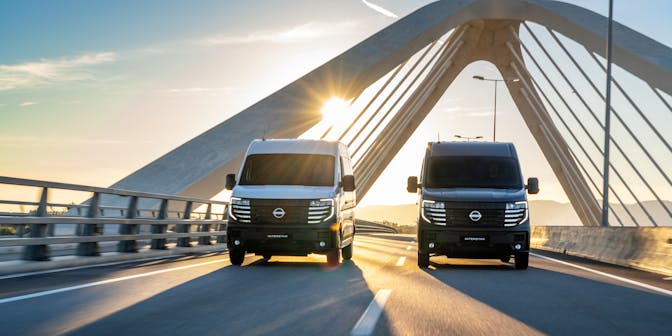Should I buy an electric car?
The time has come. You’ve been thinking about making the switch to an electric vehicle (EV) for a little while, and now you’re faced with the decision: should you buy an electric car? Here we evaluate some of the key considerations involved, share a little bit about what to know before buying an electric car, and we’ll talk about some of the best EVs currently available too.
Should I buy an electric car?
Over 200,000 pure EVs hit UK roads in 2021, so the answer for a lot of people is clear. There are several things to think about before you buy an electric car though. We’ve put over 6,000 fully electric cars and vans on the road across more than a decade, so we know what your main concerns are likely to be.
Vehicle Range
It’s a good idea to work out your daily usage before buying an electric car. How far do you typically travel each day, and do you often go on longer journeys? You can use this information to determine how much range you need from an electric vehicle.
Improvements in battery technology mean modern electric cars usually offer 150+ miles on a full charge, including the popular Nissan Leaf. Cars such as the Tesla Model Y Long Range meanwhile offer a ‘real world’ range of almost 300 miles.
Charging
To get that range, you need to charge up your battery. With over 90% of charging done at home, this is usually the best option. Overnight electricity can cost as little as 5p per kWh on an EV-specific tariff, while a 7kW home charge point offers fast charging capability. This means you can charge a Peugeot e-2008 – which has a real world range of over 150 miles – from empty to full in around 7 hours.
We don’t usually recommend EVs to people who are unable to charge at home, because it’s the cheapest and most convenient way to charge. However, improving public charging networks is making EV driving possible without a charger. Just ask Nissan Leaf driver Heather. Rapid chargers are now appearing across the UK that offer charging speeds of up to 120 kWh per hour mean you can add 200 miles of range in just half an hour, while you can use Zap Map to find charging points in your local area and across the UK. This allows you to easily plan journeys longer than the range of your car.
Cost
In the past, the cost of switching to an EV may have been off-putting. This is simply no longer the case. The soaring popularity of electric cars means production costs have come down, while the way you use and charge your EV will dictate how much you save when it comes to your cost per mile of driving. You could reduce it by as much as 10 times compared to a traditional petrol or diesel car.
Fuel savings are a huge driver for making the switch to electric. A Vauxhall Corsa-e, for example, costs just £15.30 to fully charge, based on an electricity cost of 34p per kWh. This gives you a real world range of 180 miles, while you’ll also enjoy reduced service and maintenance costs. This is because there are no moving parts in an EV battery, unlike an internal combustion engine.
There are government grants which offer £350 towards a home charging point (now restricted to flat owners and renters), while businesses can also benefit from charging point grants to complement huge fuel savings. There’s 2% company car tax to pay during the 2022/23 financial year to sweeten the deal for employees, and drivers in London can save on Ultra Low Emission Zone and congestion charges. There’s also currently zero road tax for all electric vehicles.
Choice
There’s never been a better time to choose between electric cars. With all the new EV models released over the past few years and the many more that are set to be released in 2021, there are so many different options available now to suit all kinds of needs, tastes, and budgets.
From affordable superminis like the Volkswagen e-Up to prestige SUVs such as the Jaguar I-PACE S, you can even opt for the Porsche Taycan 4S Plus if you’re after a sports car with incredible performance.
Our Expert Guides
6 surprising things you didn’t know about electric vans

Understanding Vehicle Excise Duty (VED) or "Road Tax" for EVs
How to save money on a new car with Salary Sacrifice
